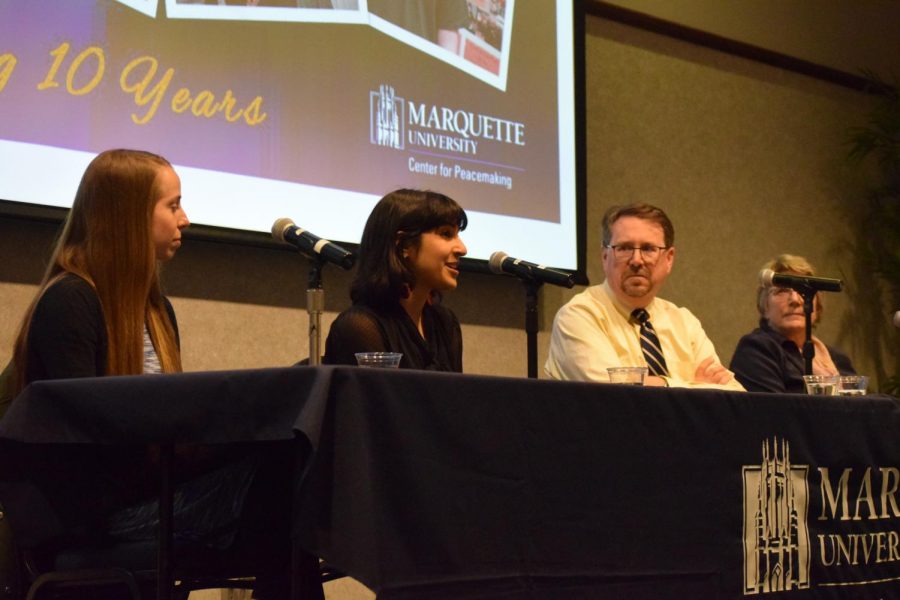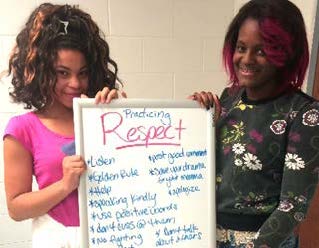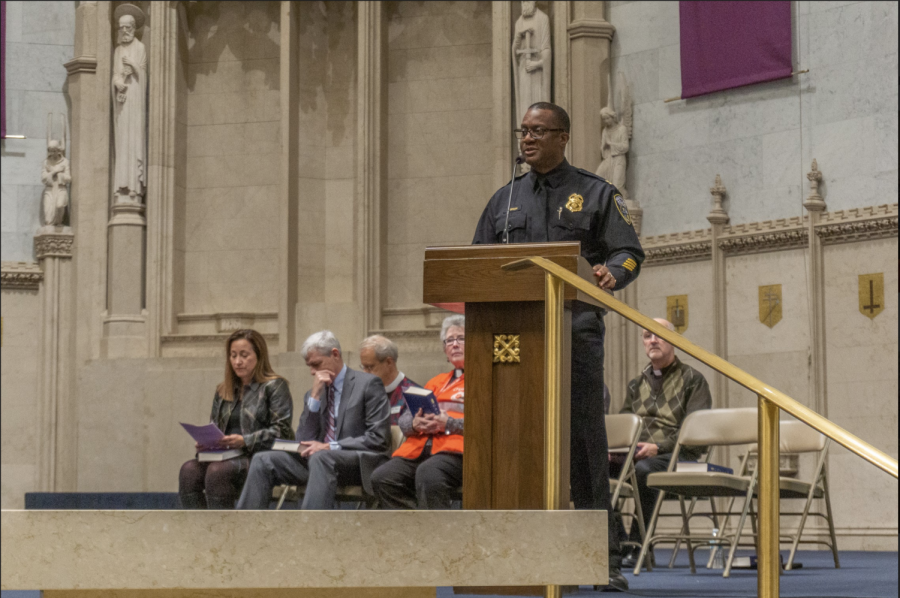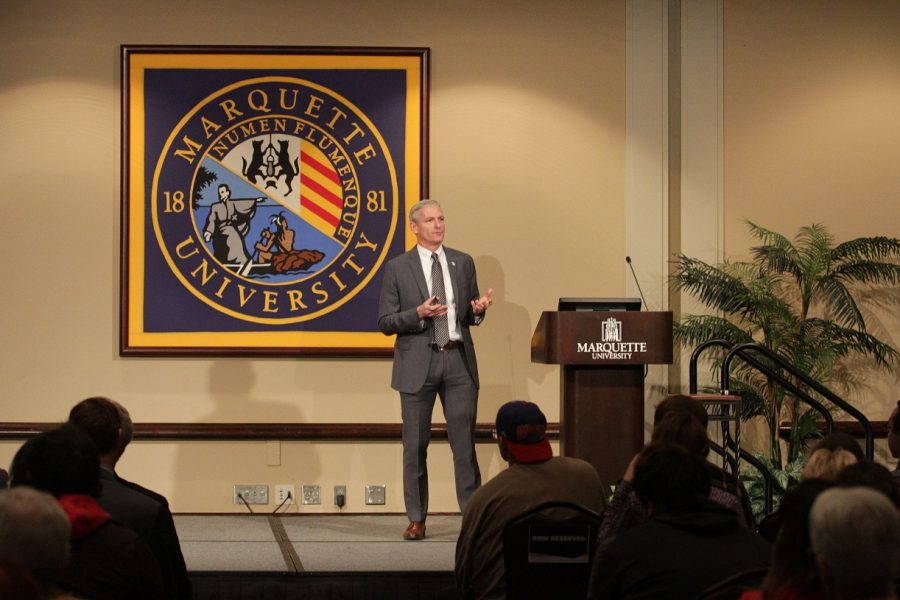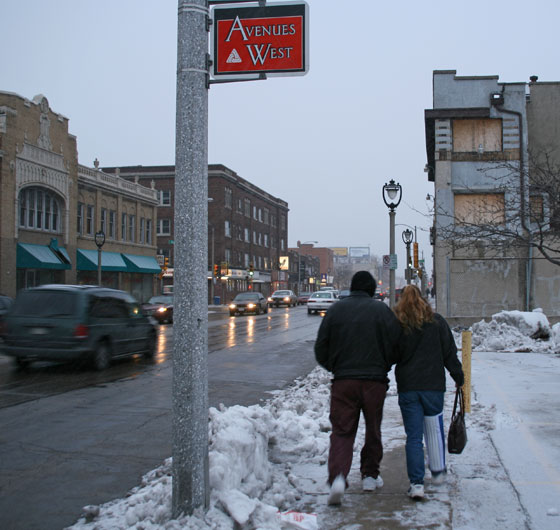Marquette’s Center for Peacemaking celebrated its 10-year anniversary March 27 with a panel of faculty, alumni and students. The panel was at the Alumni Memorial Union, at 4:00 p.m..
The panel reflected on the changes that the Center for Peacemaking has seen over the years as well as how it has impacted each of the member’s lives.
“I think sometimes when we are caught up in it every day it is nice at events like this to pause and reflect on the progress and growth of the peace studies program, the center as a whole, and, and the outreach that it has on campus, in Milwaukee and even abroad,” Anna Weirick, research and program coordinator for Promoting Assets and Reducing Crime, said.
“The Center for Peacemaking is an academic center at Marquette focused on exploring the power of nonviolence,” Chris Jeske, associate director at the Center for Peacemaking, said. “We support the formation of students as peacemakers, scholarship on nonviolence, and community-based peacemaking projects.”
While the Center is housed in the College of Arts and Sciences, they work with students and faculty across all of the university’s colleges and departments.
“Today out of the 300 peace centers across the nation, Marquette is the only center that exclusively focuses on the power of nonviolence,” Parisa Shirazi, Program Associate at the Center for Peacemaking, said. “We focus a lot domestically, how are we geared to support our communities here, where many peace centers focus only on international development and foreign policy.”
“There’s a lot of individual moments in this centers history where you see faculty members doing research and teaching classes, you have students learning in those classes, getting involved in the centers programs, learning about peacemaking and nonviolence,” Jeske said. “All of those individual moments are so rewarding.”
The Center for Peacemaking has held several programs over the years, but now they focus on two.
“Our two signature programs, Peace Works and Promoting Assets and Reducing Crime, are really bringing the mission and the vision of the center into practice,” Jeske said.
“Peace Works preceded the Center for Peacemaking—it started in 1994—though, we have led and grown the program over the past ten years.” Jeske said. “PARC is also a multi-year initiative. These have been our two main community-based peacemaking projects and we are excited about their future.”
The first program, Peace Works, is a program where staff members and students go into Catholic and public schools to teach youth, elementary school to high school, skills in conflict resolution.
“Peace Works focuses on how to deal with the trauma some have experienced in their lives,” Jeske said.
The center’s slogan is, “Exploring the power of nonviolence.”
The second program is Promoting Assets and Reducing Crime.
According to PARCs page on the Marquette website, PARC is a initiative of Near West Side Partners, Inc. to revitalize and sustain the Near West Side as a thriving business and residential corridor, through economic development, improved housing, unified neighborhood identity and branding, and greater safety for residents and businesses.
“We focus on these two key programs but overall we work to balance the programs with individual level connections with people”, Jeske said. “You really can’t do one without the other.”
Every year the center hosts guest speakers on campus to make presentations, and well as to engage with students and faculty.
“We host peacemakers from all around the world,” Shirazi, said. “It’s (the events) really about educating students and helping them catch courage and inspiration from exposing them to role models and practitioners.”
The guest speakers of these events are often renown scholars and practitioners of nonviolence.
“The campus and community benefit greatly in learning from the expertise and wisdom they share,” Jeske said.
“We want students to know that this is tangible, this is work that is being done everywhere and that we can learn from these leaders and continue these conversations after they leave,” Shirazi said.

